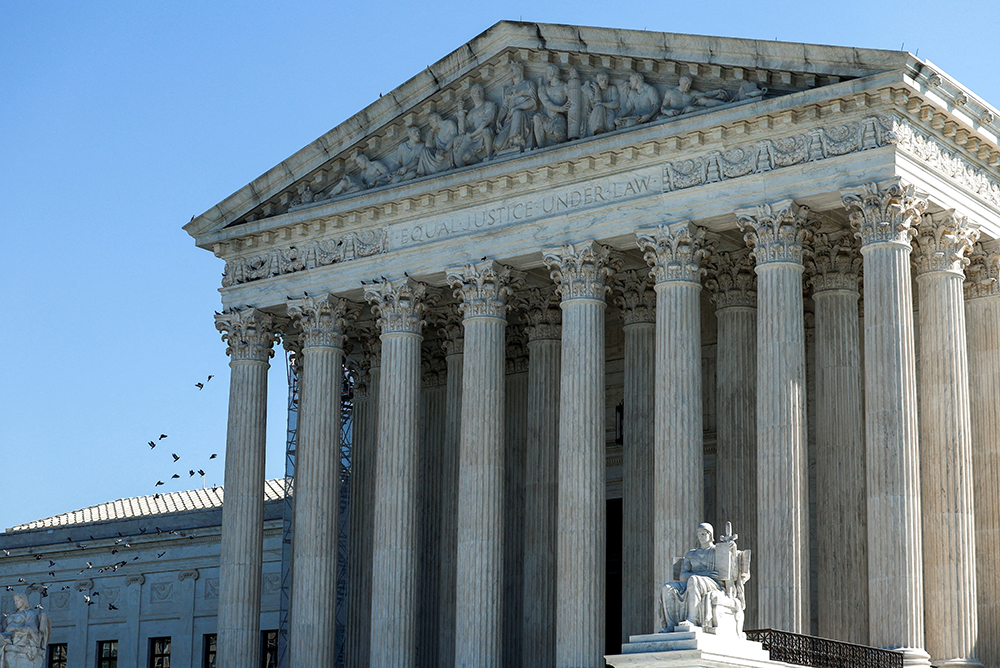
WASHINGTON — Idaho officials have asked the Supreme Court to put a temporary hold on a federal judge’s ruling preventing the state from enforcing its near-total abortion ban that would allow the state to prosecute physicians who perform abortions.
If the court agrees to take this case, submitted as an emergency appeal Nov. 20, it will be its first abortion decision since its ruling in the Dobbs case last year.
Idaho officials want the nation’s high court to allow its state abortion ban to take full effect, overruling federal requirements for emergency room doctors.
For the past year, Idaho’s Defense for Life Act has been fought in courts. The state law, a near total abortion ban with an exemption to prevent the mother’s death, went into effect after the justices overturned Roe v. Wade.
The law imposes penalties on doctors who perform abortions unless the mother’s life is in danger. Also, physicians who violate the law could face criminal penalties and risk the suspension of their licenses.
The U.S. Department of Justice filed a lawsuit last summer against the state abortion law, arguing that it conflicts with the federal Emergency Medical Treatment and Labor Act, a law that requires hospitals to provide stabilizing treatment to a person experiencing a medical emergency, regardless of the person’s ability to pay.
The Biden administration argued that the Idaho law could prevent emergency room doctors from performing abortions necessary to stabilize the health of women facing medical emergencies.
A district court judge sided with the administration, blocking the law from going into effect in hospital emergency rooms that receive Medicare funding. A federal appeals court initially agreed to put the district court ruling on hold pending appeal, but a panel of judges on the 9th U.S. Circuit Court of Appeals lifted the stay Nov. 13.
Raúl Labrador, Idaho’s Republican attorney general, urged the Supreme Court to put the district court’s ruling on hold while the state appeals the decision. He said the lower court’s decision was an “ongoing violation of both Idaho’s sovereignty and its traditional police power over medical practice.”
The appeal to the court was supported by friend-of-the-court briefs from 20 states and a number of organizations including the Catholic Health Care Leadership Alliance.
Backers of the Idaho law have rejected the idea that the federal emergency medical treatment law protects abortion access in medical emergencies.
Erin Hawley, senior counsel for Alliance Defending Freedom, representing Idaho, said: “Women and children deserve to know that emergency room physicians will do everything possible to preserve their lives. The government has no business forcing doctors to harm women’s health and take vulnerable lives.”
And in their petition to the Supreme Court, lawyers for Alliance Defending Freedom said this federal law about emergency room treatment “ensures that patients are not denied treatments that are authorized under state law because of an inability to pay. It does not ensure that patients are offered unauthorized treatments.”
The Biden administration has waged a similar legal fight in Texas, where a U.S. District Judge last summer preliminarily blocked the federal government from requiring health care providers to perform abortions for emergency room patients when it would conflict with a state abortion ban.
The administration is appealing that ruling to the 5th U.S. Circuit Court of Appeals in New Orleans.
